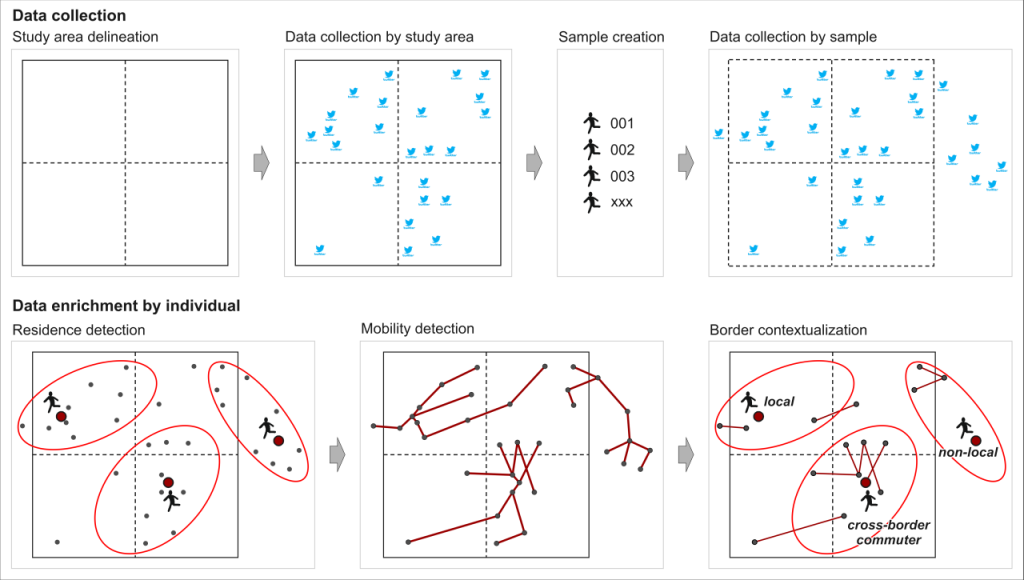Olle Järv together with colleagues from LISER (Luxembourg) organize a special session focusing on cross-border regions from the broad perspective of mobilities & social interactions of people at 2023 RSA Annual Conference Transforming Regions: Policies & Planning for People & Places. The #RSA23 takes place from 14.–17. June 2023 in Ljubljana, Slovenia.
Join us and submit your abstract HERE. Abstract deadline extended: Midnight 14th March 2023.
We plan to submit a special issue proposal to a well-established journal depending on the focus of presented studies after the conference. Read session description, below:
Session Organisers:
- Olle Järv, University of Helsinki, Finland
- Philippe Gerber, LISER, Luxembourg
- Guillaume Drevon, LISER, Luxembourg
Session Description:
We live in a mobile world and cross country borders for various reasons – migration, tourism, work and education, and seeing family and friends. In addition to migration and tourism, cross-border practices are increasing due to the people whose daily lives are not confined to a fixed territory of one country, including cross-border commuters and people with multi-local living lifestyles between different countries (Gerber 2012; Carling et al. 2021; Järv et al., 2021). These recurring and frequent mobilities crossing country borders for work, shopping, services, and leisure not only affect individuals’ social connectedness and integration (e.g. social networks, well-being and place attachment) across borders, but also contribute to the (re)production of functional transnational spaces – border regions from different countries forming a functioning system.
Continue reading “Join our session on cross-border regions at the RSA23 annual conference”

